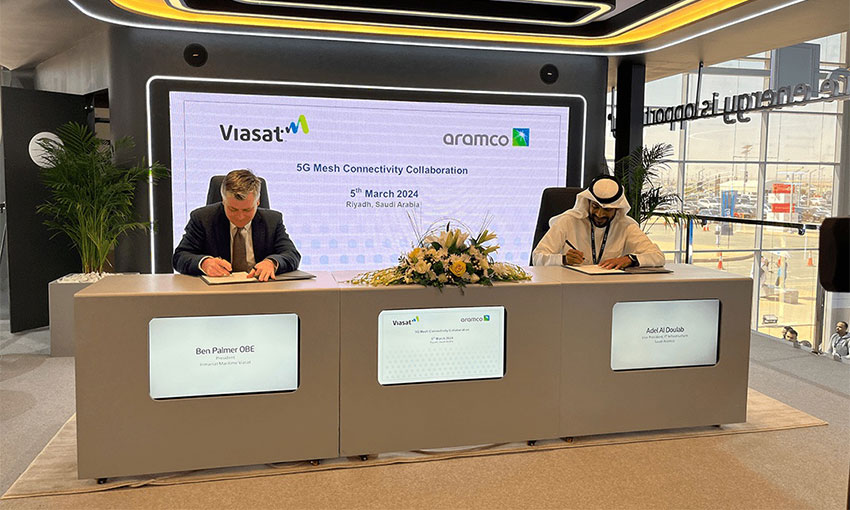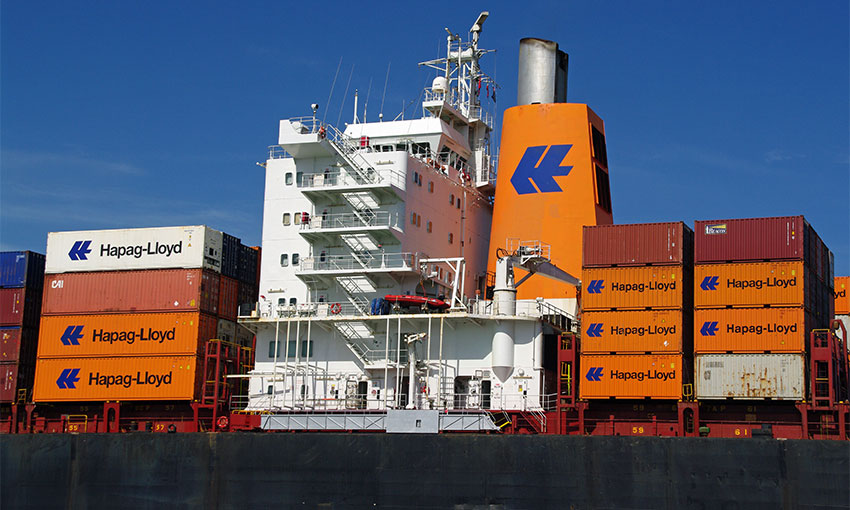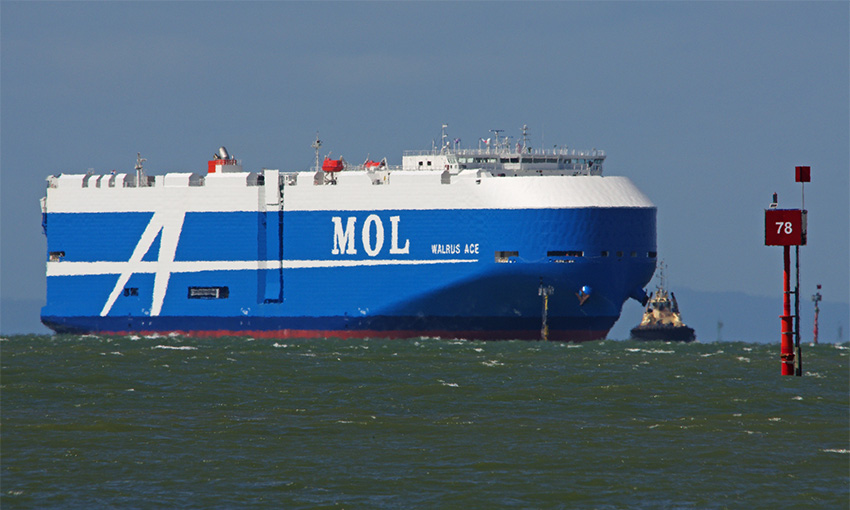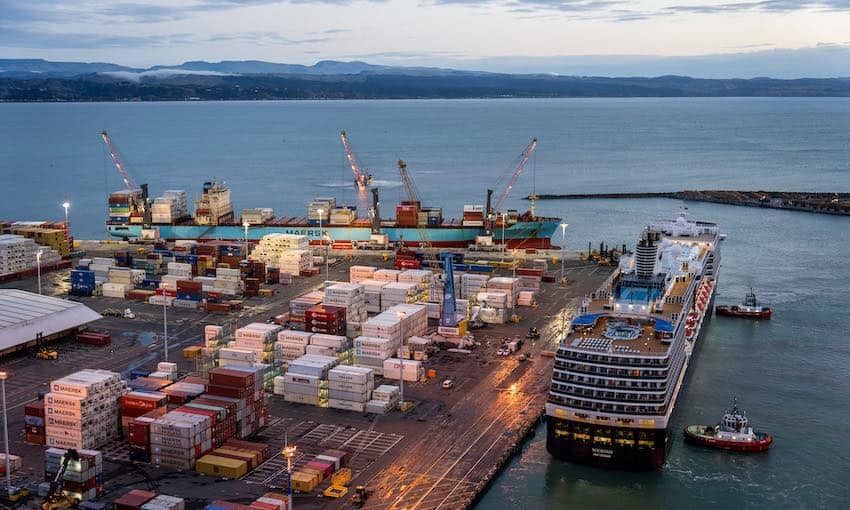INMARSAT Maritime is trialling what it claims is the world’s first over-water 5G mesh network.
The 5G mesh technology aims to enable high-speed connectivity in challenging conditions at sea.
The satellite communications company signed a memorandum of understanding with energy company Aramco to roll out high-bandwidth connectivity for Aramco’s offshore work in the Arabian Gulf.
Inmarsat expects the trial to demonstrate range “far beyond” what was previously possible.
It believes the technology could allow Aramco to optimise its offshore operations and enable capabilities such as intelligent remote maintenance and remote operations.
This would include monitoring and metering with IoT sensors, assisted operations for staff equipped with augmented reality headsets, novel safety and security features and potential for cost saving and efficient energy use.
“This new 5G mesh technology will be a significant step in helping Aramco maximise site efficiency, improve sustainability, provide a better experience for crew and protect the business from cyber-attacks,” Inmarsat Maritime president Ben Palmer said.
“By combining many proven technologies into one integrated ecosystem, our bonded network is a single solution that can meet all customer demands – no matter how challenging the environment.”
Nabil Al-Nuaim, Sr. VP digital & information technology at Aramco, said the company aims to accelerate plans to deploy advanced use cases under a corporate digital transformation vision.
“This is expected to help us further optimise our operations and improve the work environment for our operators,” he said.
“Our collaboration with Viasat [Inmarsat’s parent company] to run the first maritime trial in the world for 5G mesh technology is a testament to our commitment to develop and deploy advanced technologies.”
Inmarsat Maritime said its ground infrastructure offers inbuilt cybersecurity and data protection.
It said ships operating further from the shore would be able to supplement ground-based 5G with satellite coverage through Inmarsat Maritime’s bonded network solution, which is already onboard more than 14,000 vessels worldwide.





